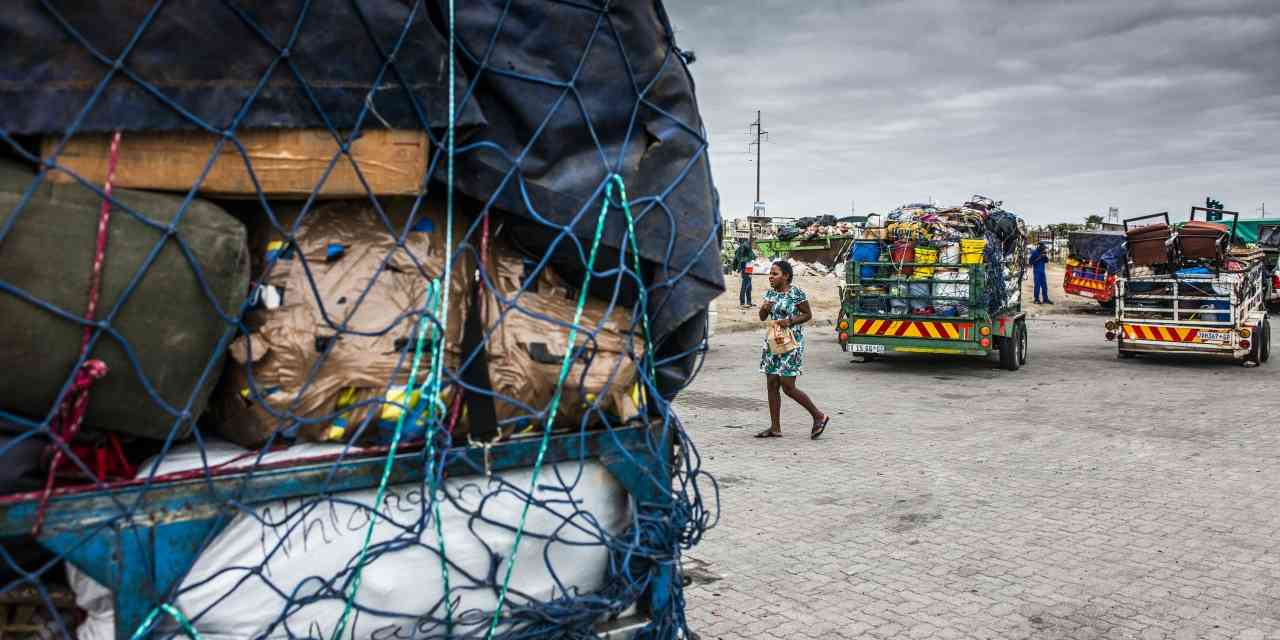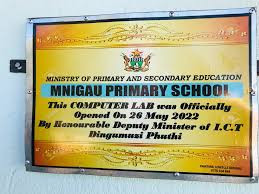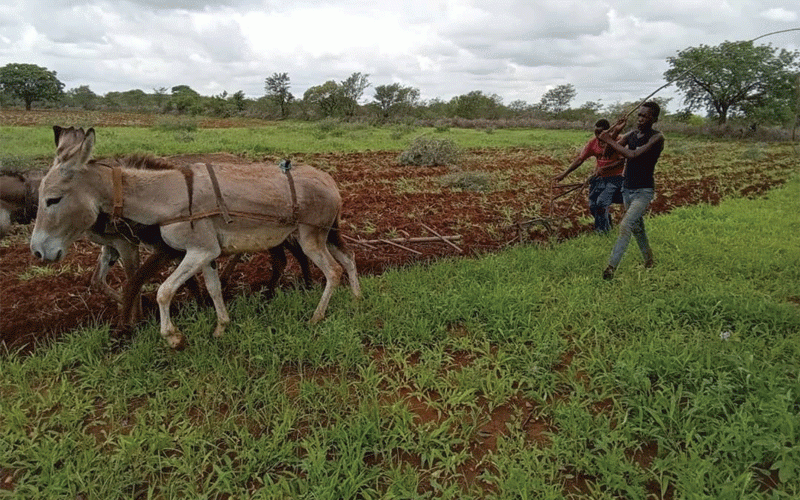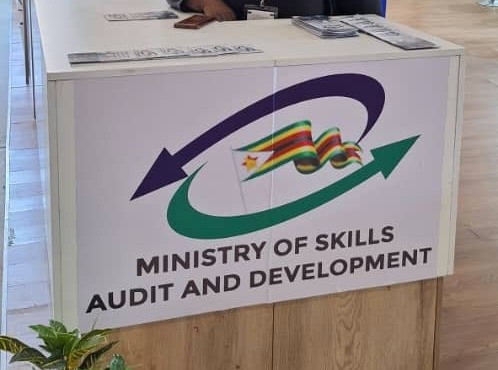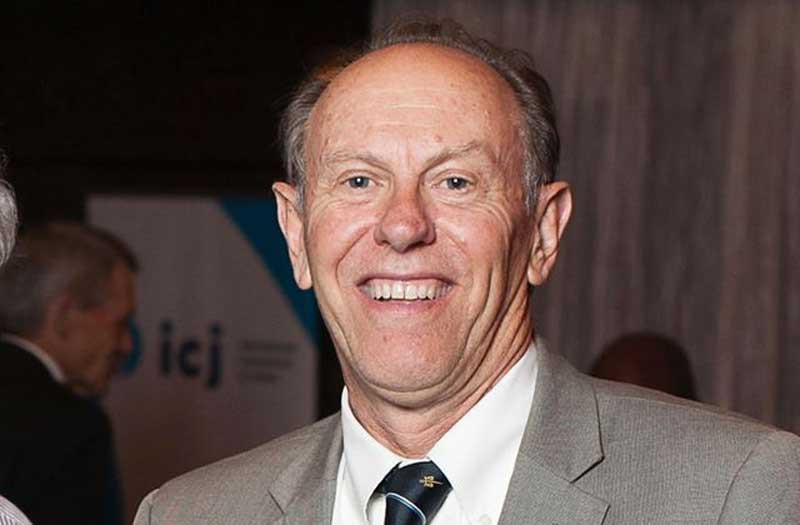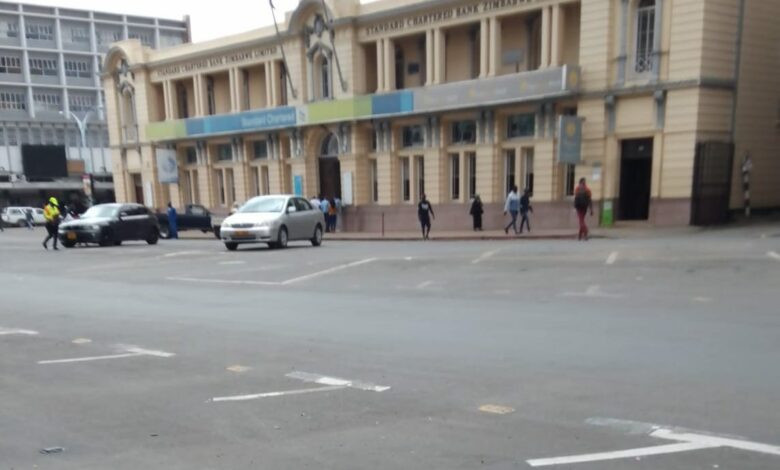
BULAWAYO motorists have accused parking attendants in the central business district (CBD) of overcharging and fabricating debts.
The city’s vehicle parking management system is managed by Tendy Three Investment (TTI) under a build, operate and transfer framework for an initial six-year period with the option of an extension of up to four years.
Tonderai Shoko, a Bulawayo motorist ,said he had experienced multiple incidents with TTI attendants.
“In November, I was told that I owe US$95 and it didn’t make sense to me because I did not know what I was being charged for. I was later told the information technology (IT) system was down and had errors. I parked again on a bay on Monday and paid US$1, but on Tuesday I was told that I have a US$60 parking bill,” Shoko said.
Several other motorists raised similar concerns.
“Whenever you see TTI marshals coming, you are rest assured that you will be penalised for something that you would have not done. I now prefer to park my vehicle on the outskirts of the CBD,” Donald Ngwenya said.
There has been an outcry from Bulawayo motorists over vehicle parking and clamping fees charged by TTI.
NewsDay Weekender visited TTI’s offices and found several disgruntled motorists complaining over the bad treatment by the marshals, but the management refused to comment.
- Revisiting Majaivana’s last show… ‘We made huge losses’
- Edutainment mix: The nexus of music and cultural identity
- ChiTown acting mayor blocks election
- Promoter Mdu 3D defends foreigners 30 minute set
Keep Reading
Last year, a Bulawayo resident, James Nerutanga, dragged the Bulawayo City Council to court demanding the cancellation of the TTI contract.
TTI parking fees have been condemned by residents who said they were too steep considering the state of the economy.
Initially, motorists were paying US$1 for 30 minutes, but following an outcry, TTI now charges US$1 for an hour.
Under the revised pricing model, motorists are now able to transfer their paid parking time to different parking bays during the time that they would have paid for.
The local authority gets 30% of the proceeds with TTI getting the remaining 70% under the agreement.
According to the agreement, the council could earn between US$1,1 million and US$1,5 million in revenue annually, which should be used to rehabilitate the city’s poor road network.

